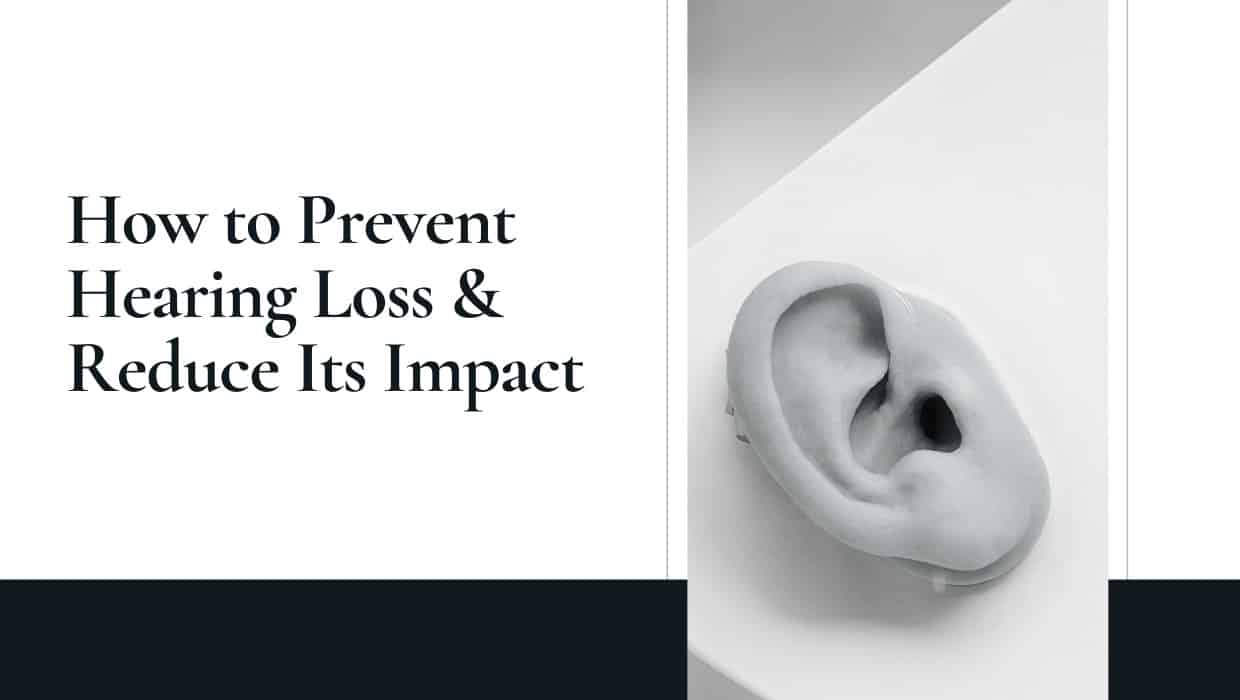
Back in March, we celebrated World Hearing Day by commemorating the ways that hearing health services have improved, as well as to raise awareness about the strides that remain necessary. This year, the European Parliament hosted a debate about the needs and priorities of the hearing health community. Some of the topics they discussed included the amounts and problems with untreated hearing loss, as well as the benefits of hearing loss treatment in terms of independence and cognition.
Although much more remains to be discussed, these conversations were a good start, opening up conversation that will be ongoing for years to come. Some of the questions they asked were how populations of people around the world can prevent hearing loss and reduce its impact for those who already have developed loss.
Let’s look at a few of the key findings from the hearing health community, as well as the implications for your lifestyle.
Principles for Preventing Hearing Loss
Among the classic recommendations for preventing hearing loss, experts emphasize the importance of wearing hearing protection in the presence of noise. In many instances, disposable foam earplugs are sufficient to reduce the overall volume of sound at least 10-15 decibels. In louder noise environments, more advanced protection is necessary.
Noise-cancelling earmuffs offer protection for higher levels of noise, and some people even wear two layers of protection for loud environments like airfields or factory settings. Beyond hearing protection, another important measure to protect hearing is to limit exposure to leisure or recreation noise. Although this form of noise exposure comes through concerts, dance clubs, loud bars, and sporting events, a hidden risk is in our midst nearly everywhere we go: headphones.
When these ubiquitous devices are worn for too long in a day or are used at too high a volume, they can cause permanent hearing damage. Youth rates of hearing loss are at an all-time high, and many point to these devices as partly responsible. Limiting the maximum volume of music, videos, podcasts, audiobooks, and other media is an essential way to practice harm reduction. When used in the presence of other noise, such as transportation sound, it is easy to raise the cumulative volume level to a damaging extent.
Reducing the Impact of Hearing Loss
Hearing loss does not only make it difficult to communicate and understand the world around you. In addition to these direct effects, hearing loss has been correlated with a wide range of indirect effects, as well. Take, for example, the connection with social isolation. Those who struggle to hear in social settings sometimes feel compelled to skip social events altogether. When they do so, a ripple effect can occur.
In the first place, social isolation can lead to depression and other mental health conditions. Furthermore, some speculate that social isolation might have something to do with the relationship between hearing loss and cognitive decline, including dementia. When you are not able to hear clearly in conversation, the brain can actually redirect its activity to regions that are otherwise devoted to complex thought. Those who are socially isolated and unable to hear voices in conversation may experience this ripple effect in cognition.
With these impacts in mind, how can we promote the reduction of these effects at the level of the entire population? Hearing aids have been found to reduce the harm from hearing loss in a number of domains. One of the ways the debate at the European Parliament framed that dynamic is in terms of “independence.” Hearing aids make it possible for people with hearing loss to continue to live independently much longer in life and to a greater extent.
Mark Laureyns, President the European Association of Hearing Aid Professionals (AEA), claims that hearing aids make it possible to live life to the fullest, and reducing the negative effects of hearing loss is one piece of that vivacious puzzle.
Living a life that is connected, thriving, and engaged has positive effects for individual health and community solidarity, as well. With these many benefits of hearing loss treatment, why not get in touch with us today to learn more about the ways your life can be enhanced? Contact us today!
